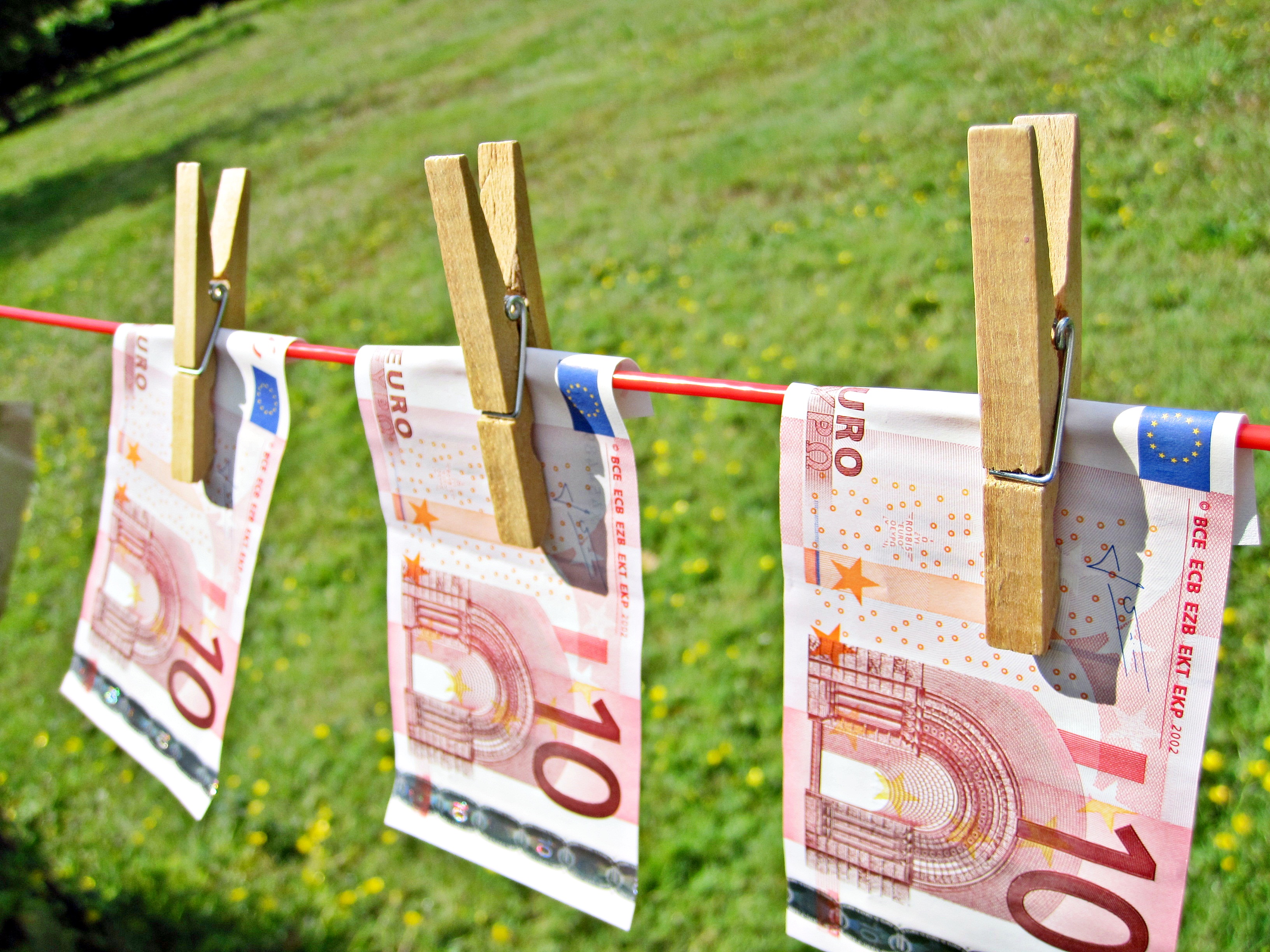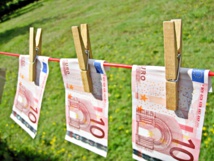This is the fourth Directive of the European Parliament in this area. The document obliges Member States to establish national registers of ultimate owners - the beneficiary companies, corporations and trusts. These lists will be open-ended, that is, they will be able to be used not only by the representatives of government, control organizations and banks, but also (after registration) by "individuals interested ".
However, only the authorities will have the right of access to that part of the electronic registers, which relates to the activities of the Trust Fund. The decision to establish the register was made by deputies to the project proposed by the European Commission. In addition, the new directive tightens rules for transfers of funds to ensure the availability of more complete data on their sides commit.
The European Parliament also insisted that, in their activity, banks, lawyers, real estate and gambling houses to be vigilant about suspicious financial transactions of their customers. In order to avoid corruption among high-ranking government officials and civil servants, as well as judges and members of parliament, members of their families, the new rules of financial transactions with them were introduced, in particular, the existence of the necessary documentation on their financial and property status.
The provisions of the Directive of the European Parliament should be transferred to the laws of the Member States within two years.
Earlier, European Commissioner for the internal politics Cecilia Maelstrom published an article in the Swedish newspaper Goeteborgs-Posten, in which she warned that corruption undermines confidence in democratic institutions, deprives legitimate economy of financial resources and helps to organized crime.
- The scale of the problem in Europe is amazing, although Sweden is among the countries, where the corruption situation is relatively well" - says Maelstrom.
According to the report, organized crimes are most prevalent in Bulgaria, Romania and Italy, but bribery and tax evasion is common in all countries of the European Union.
The report of the European Commission also put forward a number of recommendations about how each country should deal with corruption. In some countries, the system of government orders should be tightened; others have problems in rules and laws on political parties financing.
The report also cites examples of corruption at the municipal level, where businesses have to pay bribes to local officials. In some countries, patients have to pay doctors in cash to get medical care, - is noted in the European Commission.
According to Cecilia Maelstrom, in many European countries have are adequate laws to combat corruption, but they are not always universally applied. Moreover, these laws are often violated with impunity, because the law enforcement agencies do not have enough resources.
Some countries and regions in Europe just have a lack of political will to fight corruption.
The report's authors believe that the scale of the problem can be expressed in figures: corruption costs Europe at least 120 billion euros per year, which is not much less than the total EU budget.
Given the fact that European countries are still experiencing the economic crisis, the European Union simply cannot afford to lose such a significant amount of money, said Maelstrom.
Business columnist of BBC Simon Wilson notes, however, that it is not clear how the European Commission came to this figure.
The report also shows two public opinion polls, according to which more than 75% of EU citizens believe that the corruption in their country is widespread.
Last year, at least 4% of the population in the EU have been forced to pay a bribe.
source: bbc.co.uk
However, only the authorities will have the right of access to that part of the electronic registers, which relates to the activities of the Trust Fund. The decision to establish the register was made by deputies to the project proposed by the European Commission. In addition, the new directive tightens rules for transfers of funds to ensure the availability of more complete data on their sides commit.
The European Parliament also insisted that, in their activity, banks, lawyers, real estate and gambling houses to be vigilant about suspicious financial transactions of their customers. In order to avoid corruption among high-ranking government officials and civil servants, as well as judges and members of parliament, members of their families, the new rules of financial transactions with them were introduced, in particular, the existence of the necessary documentation on their financial and property status.
The provisions of the Directive of the European Parliament should be transferred to the laws of the Member States within two years.
Earlier, European Commissioner for the internal politics Cecilia Maelstrom published an article in the Swedish newspaper Goeteborgs-Posten, in which she warned that corruption undermines confidence in democratic institutions, deprives legitimate economy of financial resources and helps to organized crime.
- The scale of the problem in Europe is amazing, although Sweden is among the countries, where the corruption situation is relatively well" - says Maelstrom.
According to the report, organized crimes are most prevalent in Bulgaria, Romania and Italy, but bribery and tax evasion is common in all countries of the European Union.
The report of the European Commission also put forward a number of recommendations about how each country should deal with corruption. In some countries, the system of government orders should be tightened; others have problems in rules and laws on political parties financing.
The report also cites examples of corruption at the municipal level, where businesses have to pay bribes to local officials. In some countries, patients have to pay doctors in cash to get medical care, - is noted in the European Commission.
According to Cecilia Maelstrom, in many European countries have are adequate laws to combat corruption, but they are not always universally applied. Moreover, these laws are often violated with impunity, because the law enforcement agencies do not have enough resources.
Some countries and regions in Europe just have a lack of political will to fight corruption.
The report's authors believe that the scale of the problem can be expressed in figures: corruption costs Europe at least 120 billion euros per year, which is not much less than the total EU budget.
Given the fact that European countries are still experiencing the economic crisis, the European Union simply cannot afford to lose such a significant amount of money, said Maelstrom.
Business columnist of BBC Simon Wilson notes, however, that it is not clear how the European Commission came to this figure.
The report also shows two public opinion polls, according to which more than 75% of EU citizens believe that the corruption in their country is widespread.
Last year, at least 4% of the population in the EU have been forced to pay a bribe.
source: bbc.co.uk



















